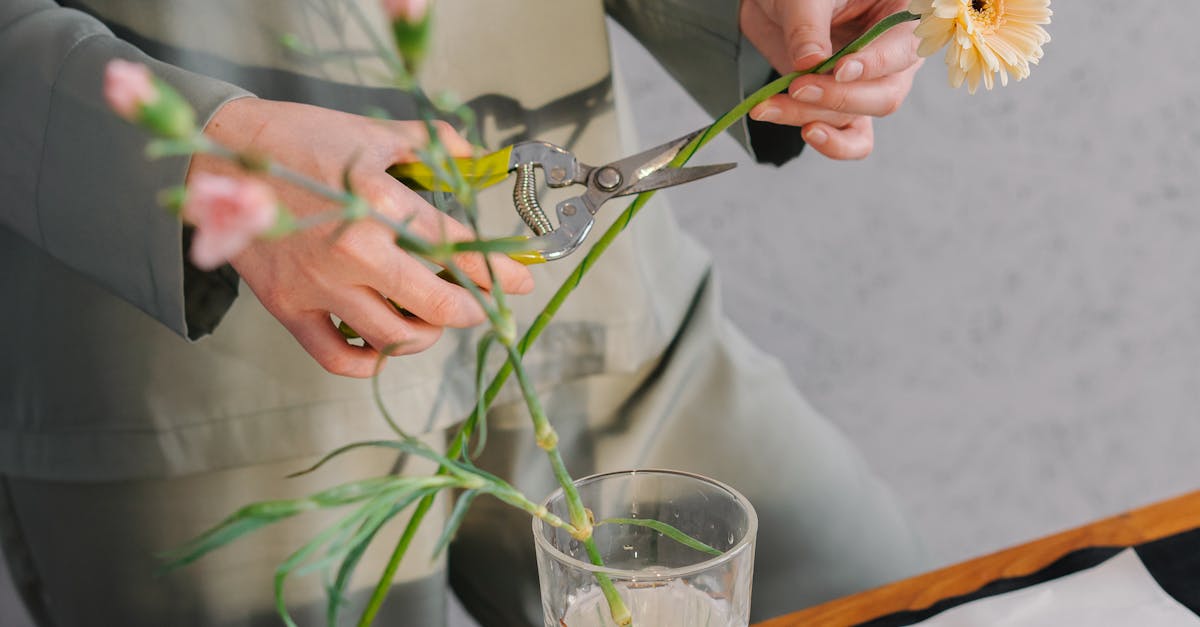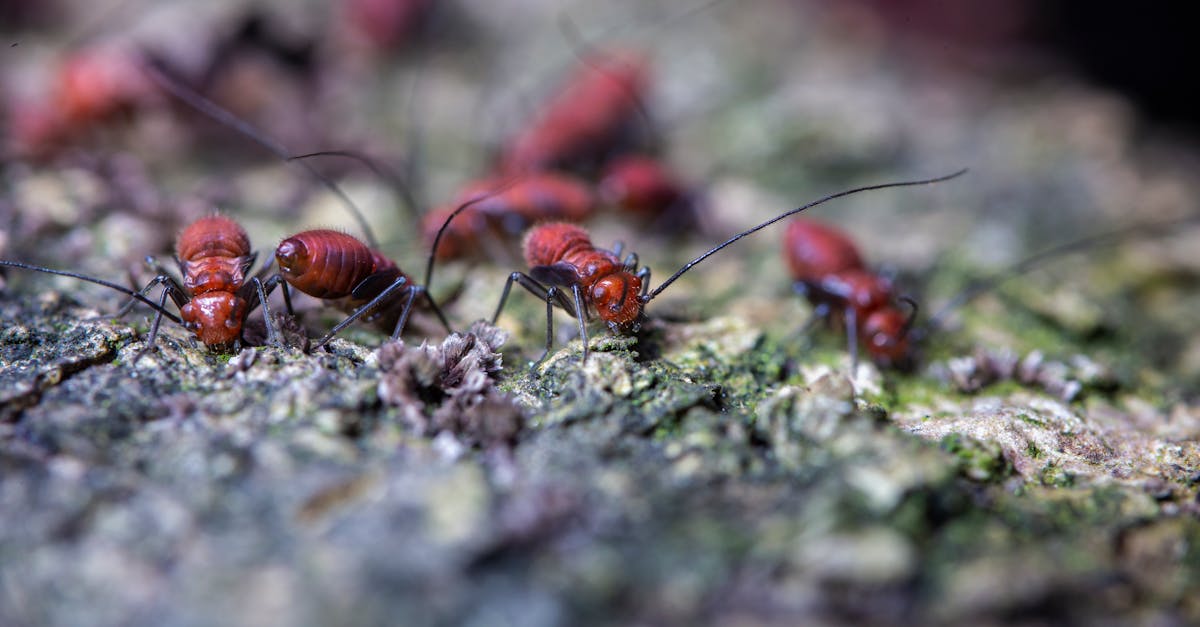Discovering the World of Ants
In my own life, I’ve always thought that having pets meant owning a dog, a cat, or maybe even a fish. But one day, I stumbled upon a hobby that completely changed my perspective: keeping ants as pets. 🐜 Yes, you read that right—ants! At first, I was struck by how unconventional it seemed, but the more I delved into it, the more fascinated I became. Now, you know that keeping ants is not just a quirky pastime; it’s an enthralling and educational experience that offers endless opportunities for discovery.
Why Ants?
You might be wondering why anyone would choose ants as pets. The truth is, ants are incredibly fascinating creatures. They exhibit complex social behaviours, have intricate communication systems, and are surprisingly easy to care for. As someone who has always been curious about the natural world, I found myself captivated by these tiny insects.
The thing is, ants offer a unique window into the natural world. Their colonies operate like well-oiled machines, with each ant playing a specific role. It’s no surprise that scientists often study ants to learn more about social structures and cooperation. Personally, I’ve found that observing ants can be both relaxing and intellectually stimulating.
The First Steps: Starting Your Ant Colony
Choosing Your Ant Species
I’ve often thought about how diverse the world of ants is. There are over 12,000 known species, each with its own unique characteristics. When I first started, I chose a species that was easy to care for and readily available: the Black Garden Ant (Lasius niger). If you’re new to the hobby, I recommend starting with a species that is native to your area. This way, you can be sure they’ll thrive in your environment.
Setting Up Your Ant Farm
Setting up an ant farm is easier than you might think. Here’s a quick story: I remember the first time I set up my ant farm. I was so excited that I couldn’t wait to see the ants start building their tunnels. Here’s a funny thing: I had no idea that it would take a few days for them to settle in. Patience is key!
To get started, you’ll need a few basic supplies:
- Ant farm or formicarium: This is where your ants will live. You can buy a pre-made one or make your own.
- Ants: You can either capture a queen ant and start your own colony or buy a starter colony online.
- Substrate: This is the material that the ants will dig through. Sand, soil, or a special ant gel are all good options.
- Food and water: Ants need a balanced diet. You can feed them sugar water, honey, and small insects.
Capturing a Queen Ant
One time, I decided to capture my own queen ant. It was a thrilling experience! I went out during the nuptial flight season, which is when young queens leave their nests to mate and start new colonies. I can’t forget the moment I spotted my first queen ant. It hit me that I was about to start my very own ant colony from scratch.
The Joy of Observing Ants
Daily Activities and Responsibilities
As I see it, one of the most rewarding aspects of keeping ants is observing their daily activities. Watching them forage for food, build tunnels, and care for their young is endlessly fascinating. You’d be surprised at how much you can learn from these tiny creatures.
Personally, I find it relaxing to spend a few minutes each day observing my ants. It’s a great way to unwind and disconnect from the stresses of daily life. Plus, it’s a fantastic educational opportunity if you have kids. They’ll be amazed by the ants’ behaviour and learn a lot about nature and biology.
Problem-Solving and Adaptation
Ants are masters of problem-solving and adaptation. I, for example, once observed my ants working together to move a large piece of food into their nest. It dawned on me how cooperative and resourceful they are. This kind of behaviour is not only fascinating to watch but also teaches valuable lessons about teamwork and perseverance.
The Educational Benefits
Learning About Ecosystems
Keeping ants as pets offers a unique educational experience. It reminds me of my school days when we learned about ecosystems and the roles different organisms play. With an ant farm, you get to see these concepts in action. You can observe how ants interact with their environment, how they find food, and how they care for their young.
Teaching Responsibility
If you have children, keeping ants can be a great way to teach them about responsibility. They’ll learn how to care for a living creature, observe its needs, and ensure it has everything it requires to thrive. It goes to show that even small pets like ants can teach big lessons.
Common Challenges and How to Overcome Them
Escaping Ants
One of the common challenges I’ve faced is ants escaping from their enclosure. It can be quite a shock to find ants wandering around your house! The reality is that ants are incredibly resourceful and will find any tiny gap to escape. To prevent this, make sure your ant farm is secure and check it regularly for any potential escape routes.
Maintaining the Right Environment
Ants need a specific environment to thrive. This includes the right temperature, humidity, and food supply. I’ve come to realise that maintaining this environment can be a bit of a challenge, especially if you live in a place with fluctuating weather conditions. However, with a little effort and attention, you can create a perfect habitat for your ants.
The Rewards of Keeping Ants
A Sense of Accomplishment
There’s something to be said for the sense of accomplishment you get from successfully keeping an ant colony. Looking back, I remember the first time my colony produced new queens and males. It was a clear sign that my ants were thriving, and it filled me with pride.
A Unique Connection with Nature
Keeping ants has given me a unique connection with nature. It’s a constant reminder of the incredible complexity and beauty of the natural world. I can’t help but think about how much I’ve learned and how much more there is to discover. As someone who loves nature, this hobby has been incredibly fulfilling.
Getting Started with Your Own Ant Colony
Choosing the Right Ant Farm
If you’re ready to start your own ant colony, the first step is to choose the right ant farm. There are many options available, from simple plastic enclosures to elaborate glass formicariums. Personally, I recommend starting with a basic setup and upgrading as you gain more experience.
Finding a Queen Ant
Once you have your ant farm, the next step is to find a queen ant. You can either capture one during the nuptial flight season or purchase a starter colony online. Capturing a queen can be a thrilling experience, but buying a starter colony is often more convenient.
Setting Up the Environment
After you have your queen and ant farm, it’s time to set up the environment. Make sure to provide the right substrate, food, and water. Keep the enclosure at the right temperature and humidity levels to ensure your ants thrive.
The Final Word: Embrace the Adventure
In the end, keeping ants as pets is a thrilling and rewarding hobby. It offers a unique window into the natural world, teaches valuable lessons, and provides endless opportunities for discovery. If you’re looking for a new and exciting hobby, I highly recommend giving ant keeping a try. You might just find that it’s the thrilling hobby you never knew you needed!










